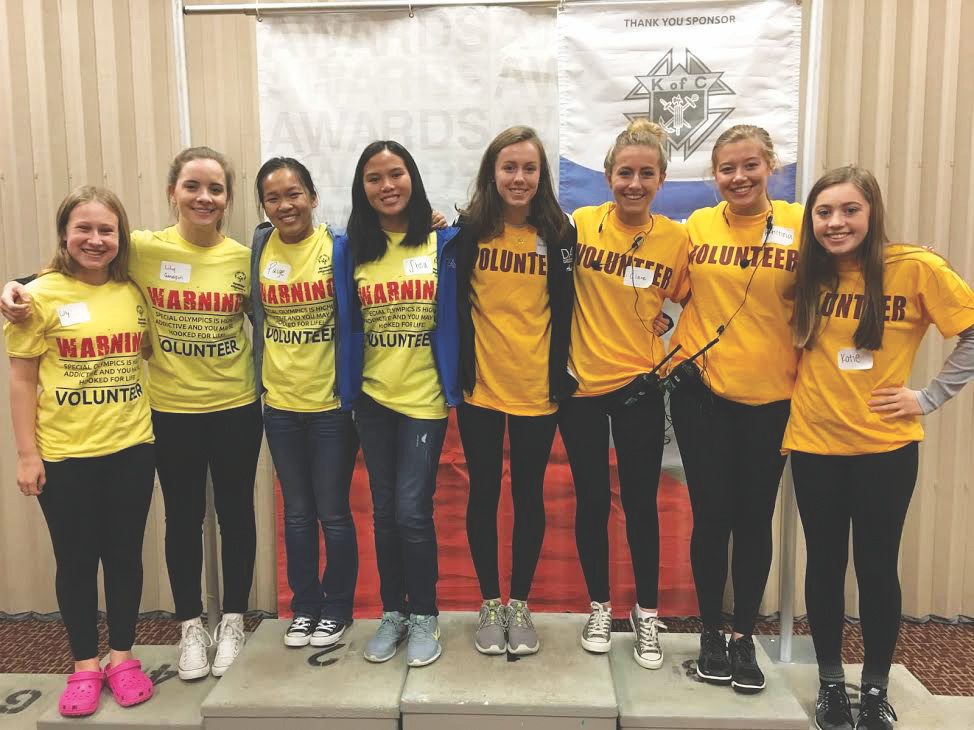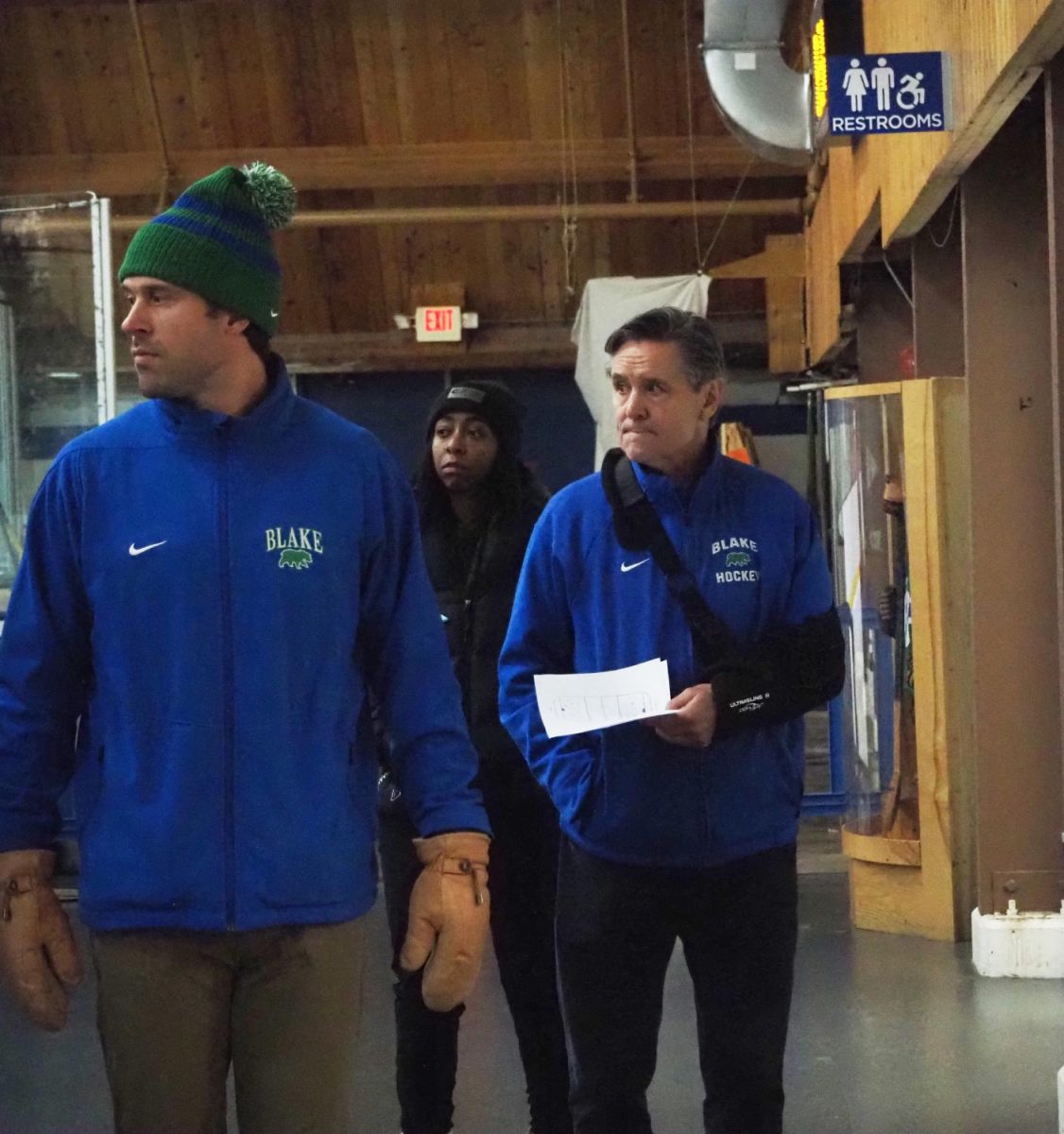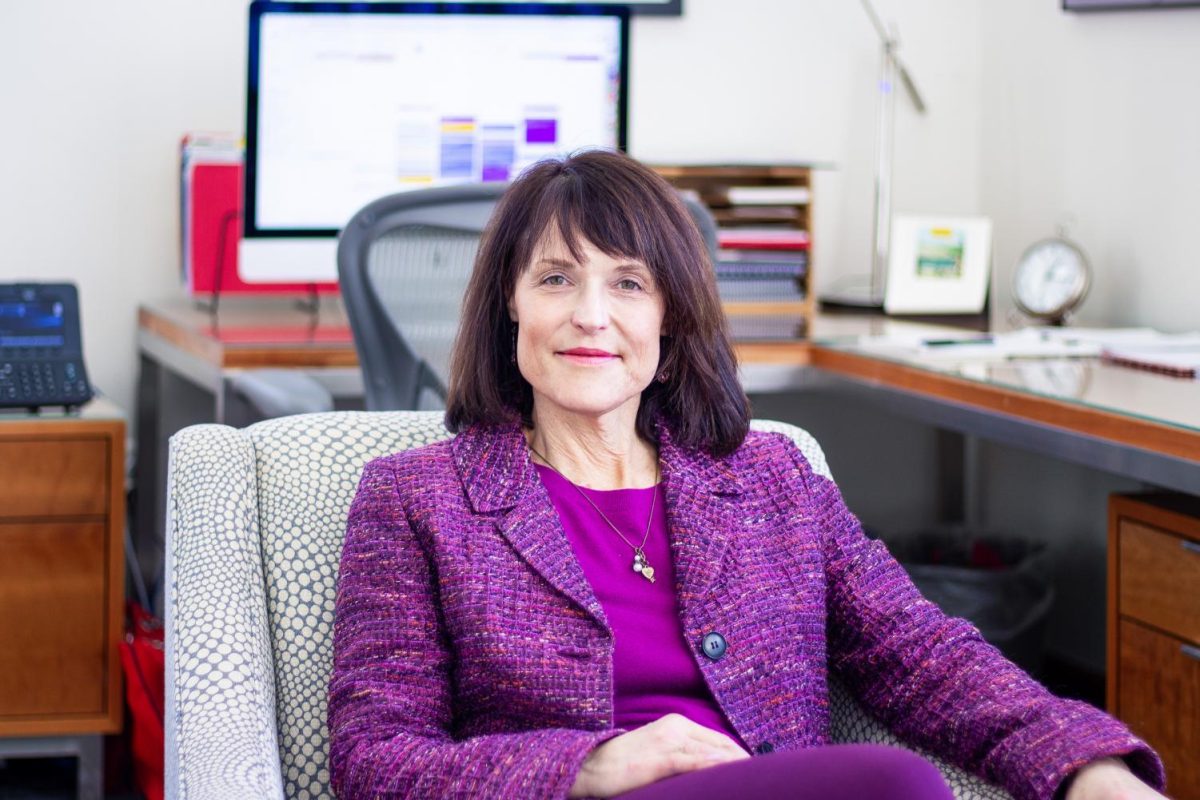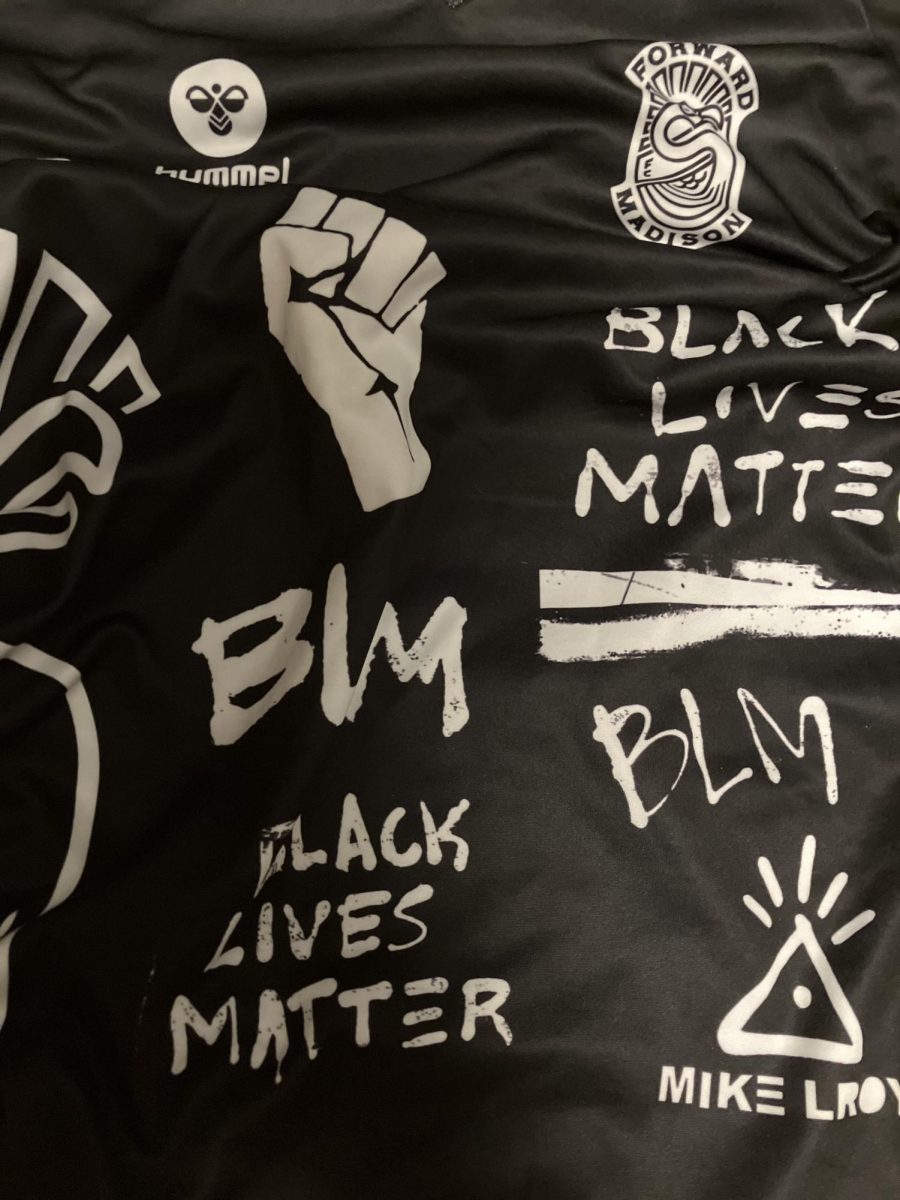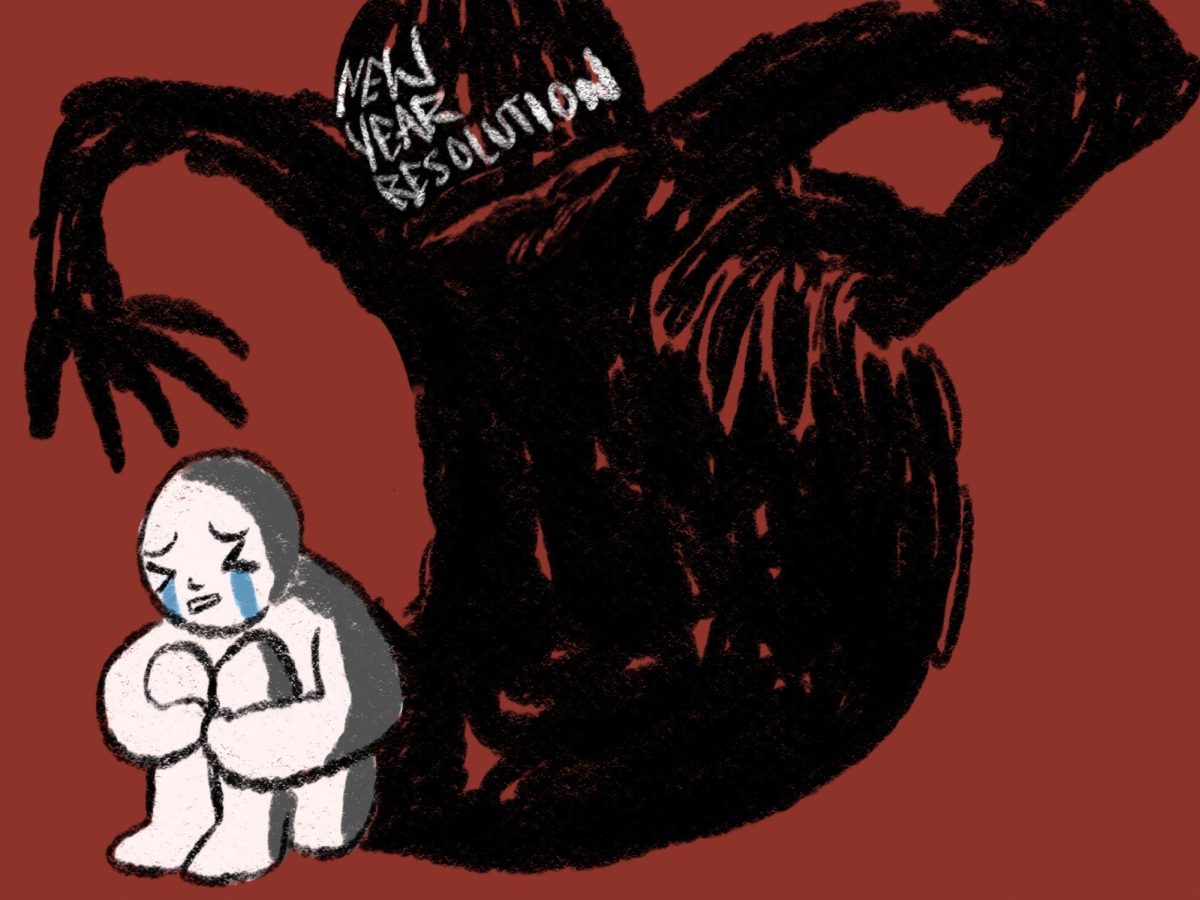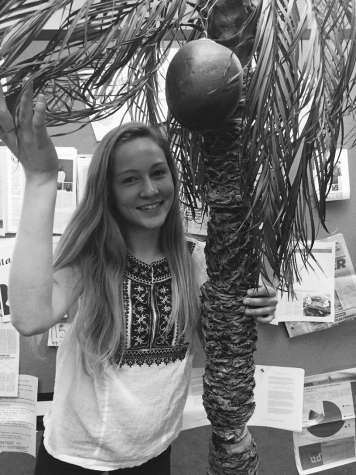Volunteering is no foreign concept to students of our community. Whether it comes from a college counselor, parent, or even a friend, the pressure to give back to the community is omnipresent.
The 100 hour recognition was created to epitomize high school volunteering, but lately it is being seen as more of a necessity than an accomplishment for many students. Balancing an already packed schedule with school, sports, and family, amongst other extracurriculars, students feel compelled to shove in an extra 100 hours of volunteering to help improve chances of college acceptance or public approval. And for what cost?
“I don’t enjoy most of the volunteering I do,” admits Emma Owens ’18, who spends around 32 hours volunteering per month for a local politician’s campaign. “I feel pressured by my school and peers to keep volunteering,” Owens adds.
The 100 hour goal can create added stress for those who might want to volunteer, but not to such an extreme. Niki Anderson ’17 says, “The [100 hour] goal doesn’t facilitate getting new people to volunteer since it seems like such an unobtainable goal for people who don’t volunteer.” Counterproductive towards its original intent, the goal might only be adding towards the decline in teen volunteering. The Bureau of Labor Statistics reported only 26.4% of teenagers aged 16 to 19 volunteering in 2015, a number that is slowly going down.
Reasons for the goal exists nonetheless. Lisa Sackreiter, faculty leader of CSB, explains, “The depth of your understanding about issues and your knowledge of people increases a lot when you are able to spend more time really getting to know both the organization and the people within the organization.”
However, some students don’t see the need for that amount of dedication. “I’ve gained a lot from volunteering less than 100 hours per year, so I don’t think it’s necessary to put that much time towards volunteering to see a result,” says Audrey Lothenbach ’18.
Anderson agrees, saying, “Even just a few hours of giving back to your community can be beneficial.”
In all, the 100 hour rule can seem daunting, but that is why it exists: only those who are truly passionate about their volunteer work should be the ones who achieve this accreditation. Sam Shapiro ’18 sums it up, saying, “If [volunteering is] not something you’re passionate about, it’s not realistic to have a bunch of people doing [100 hours]. But if it’s something you really want to be doing, then it’s not hard to find time.”


